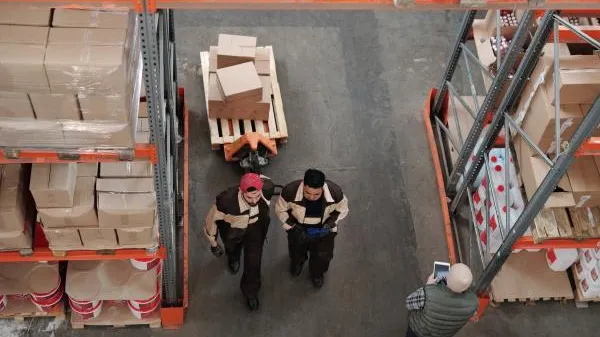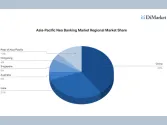
Why Japan’s suppressed industrial rental levels may persist
One factor is the ‘2024 problem’.
Transitioning into the post-pandemic era, a report by Savills says the fundamentals of Japan’s logistics sector remain strong, driven by growing demand from various industries such as e-commerce, retail, wholesale, and consumer goods manufacturing.
The sector remains popular with investors, and many significant transactions were recorded, especially among foreign investors, in particular those who are seeking a large exposure to Japan outside the office sector.
Here’s more from Savills:
However, large new supply has outpaced strong demand over recent quarters, which caused a noticeable increase in vacancy rates, and contributed to suppressed rental growth in both Greater Tokyo and Greater Osaka in 2023.
Looking ahead, suppressed rental levels may linger for some time due to multiple external factors. Known as the “2024 problem”, upcoming government regulations effective from April 2024 will restrict delivery drivers’ annual overtime to 960 hours, exacerbating the existing labour shortage. As such, delivery costs will likely increase, and potential cargo backlogs might materialise across Japan due to this bottleneck.
Furthermore, the widened gap between supply and demand will likely increase competition for tenants. Given these industry-wide challenges that will suppress operators’ bottom lines, a phase of adjustments will likely persist for the time being.
Overall, the logistics sector is forecast to continue its robust performance due to the persistent demand from logistics operators, bolstered by the growth of the e-commerce sector in Japan. That said, it will take some time for the excess supply to be absorbed. Modern facilities located in prime locations, along with ESG features remain in demand and are attractive to both investors and tenants.
On the other hand, sub-optimal facilities might face challenges in securing tenants and might be forced to consider reducing rents, indicating that some bifurcation will persist in the market. While the long term outlook remains positive, the short-term outlook is more uncertain with many upcoming challenges. As such, the logistics sector may face a period of adaptation to these new circumstances for the meantime.



















 Advertise
Advertise






